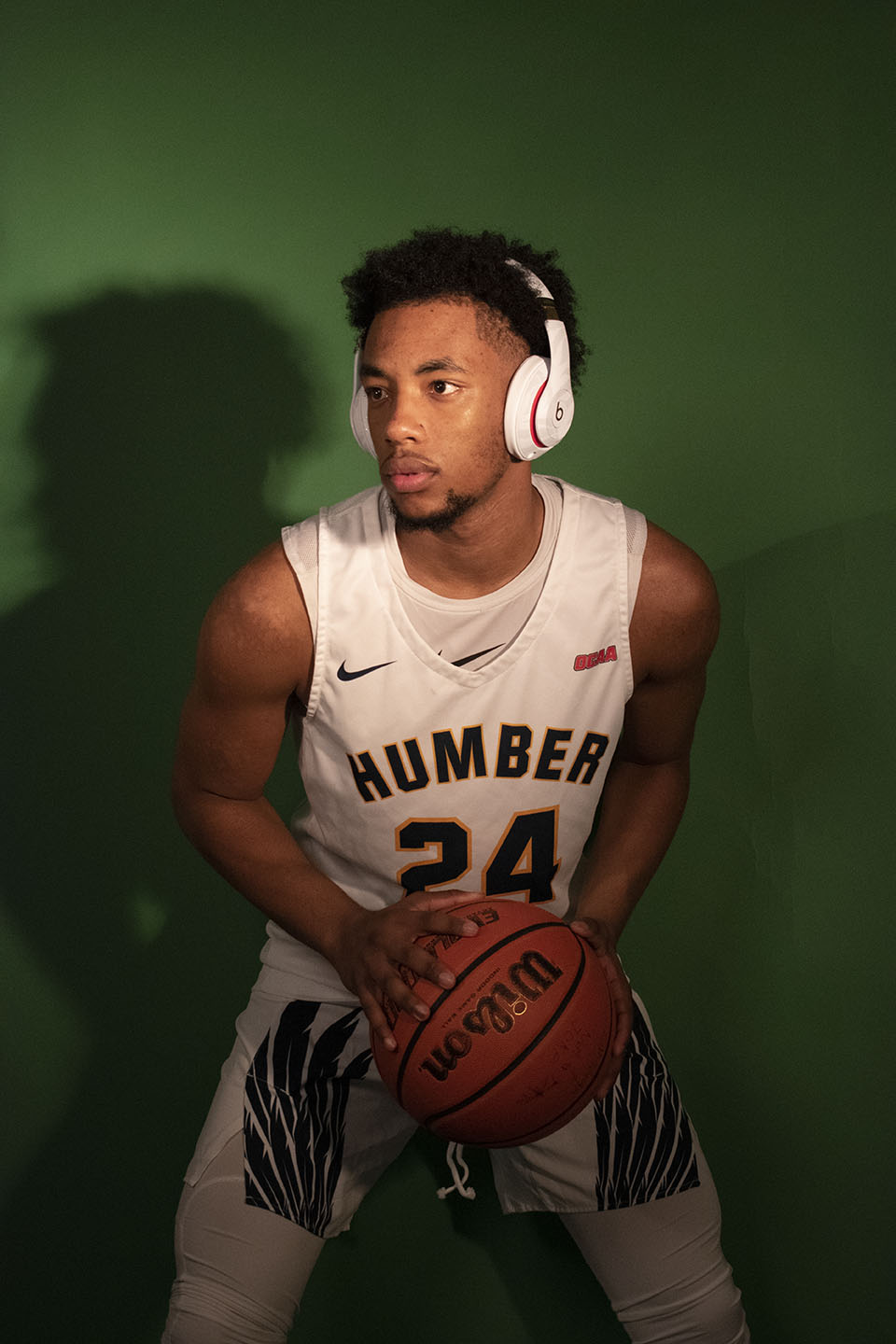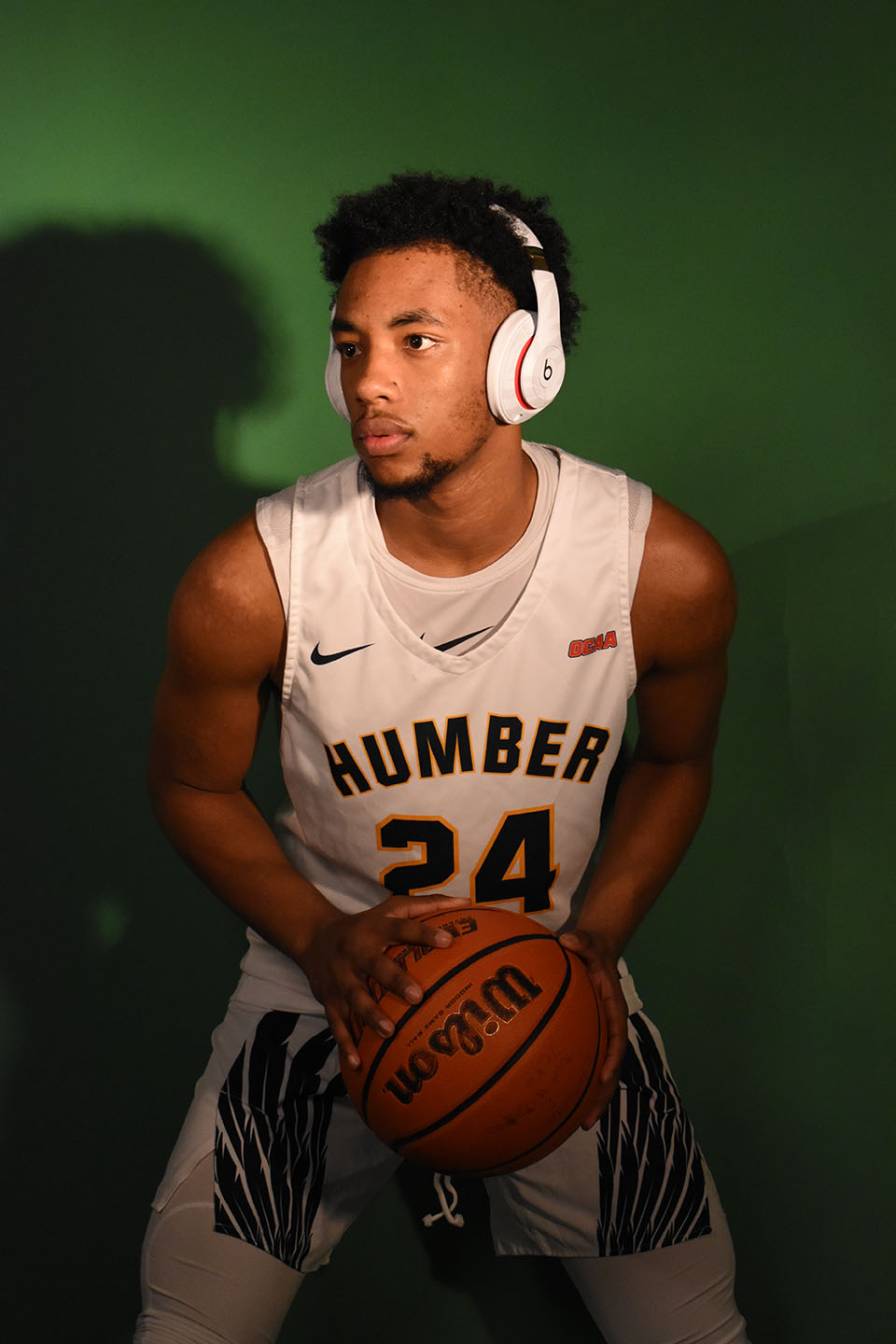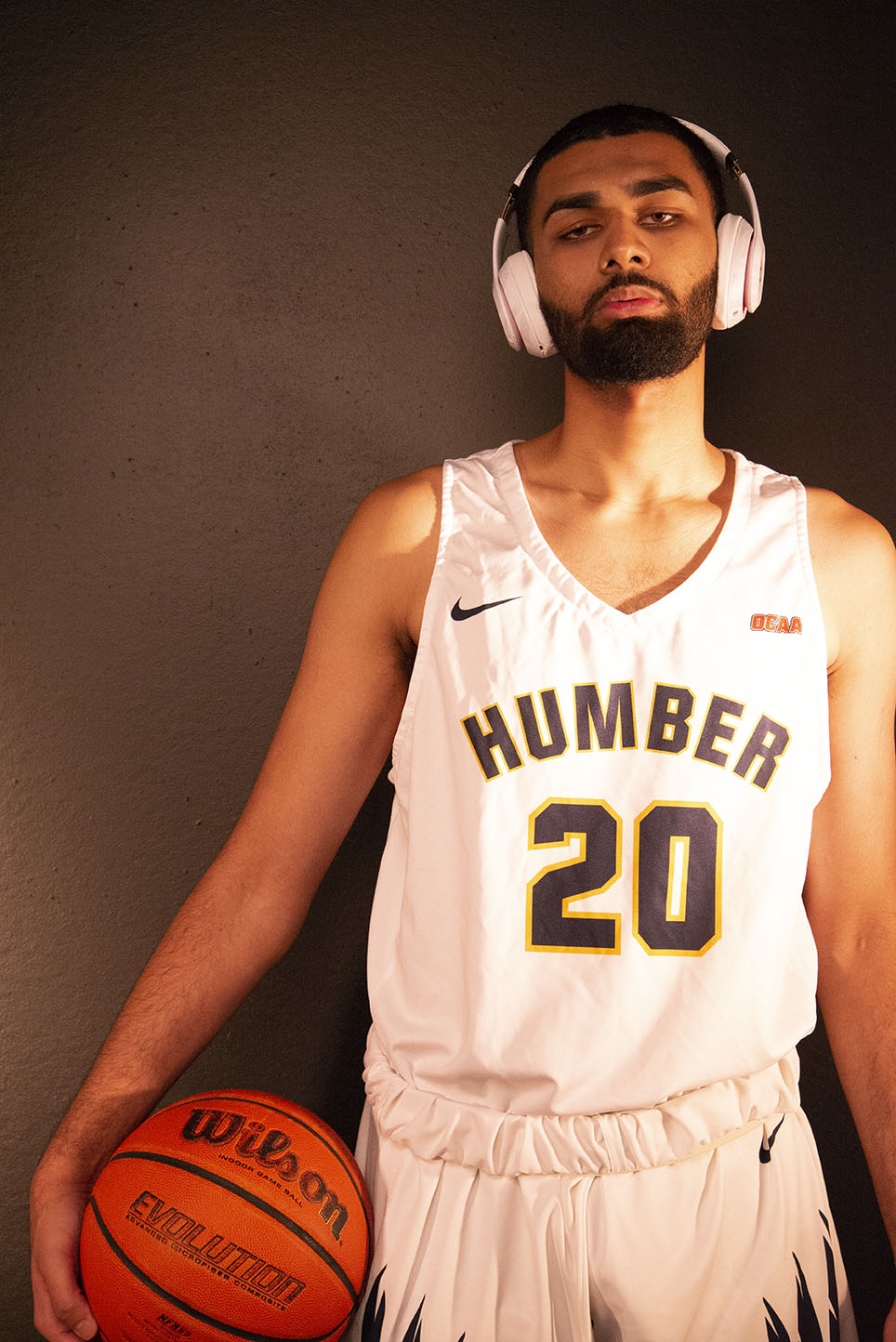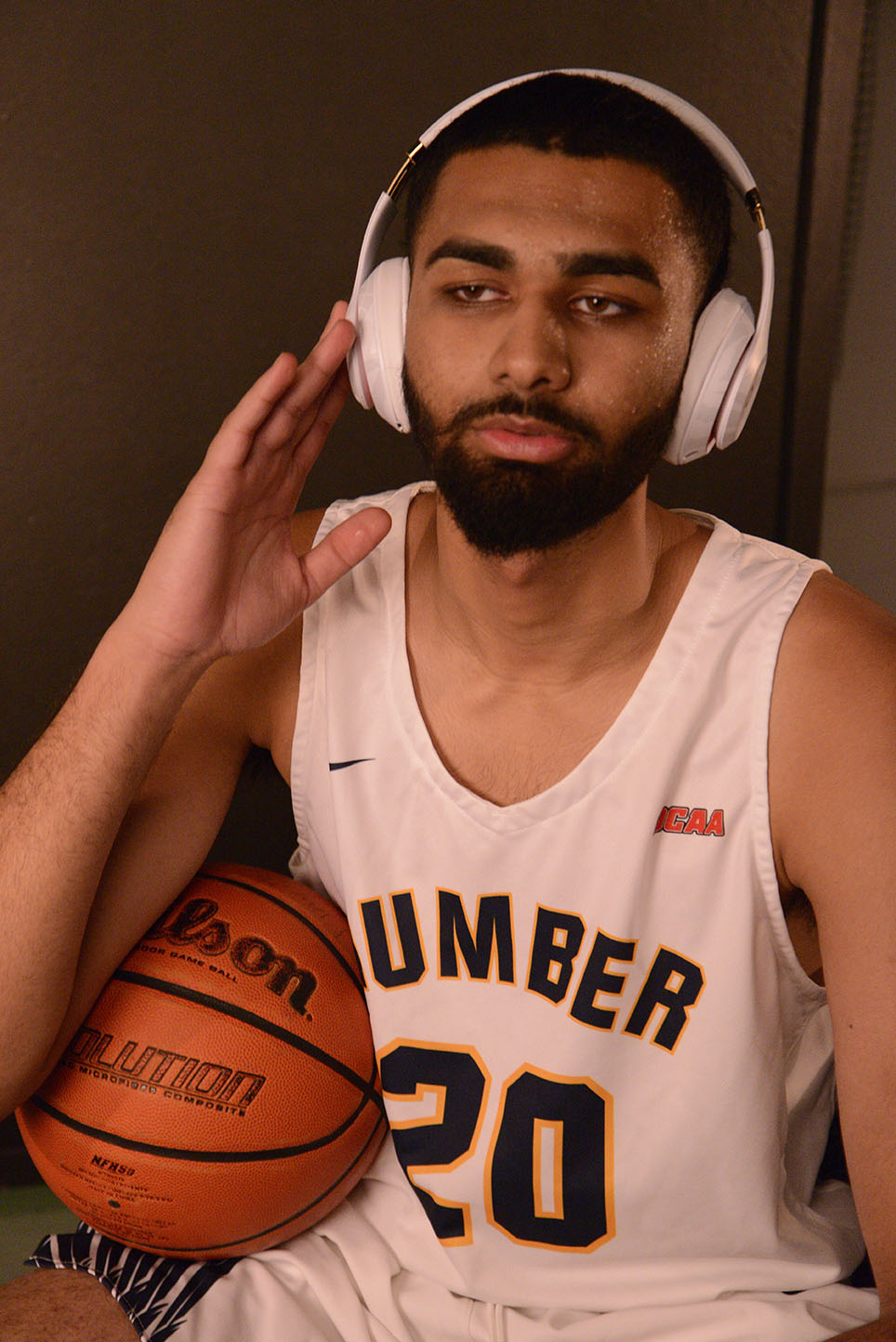By Zainab Zaman
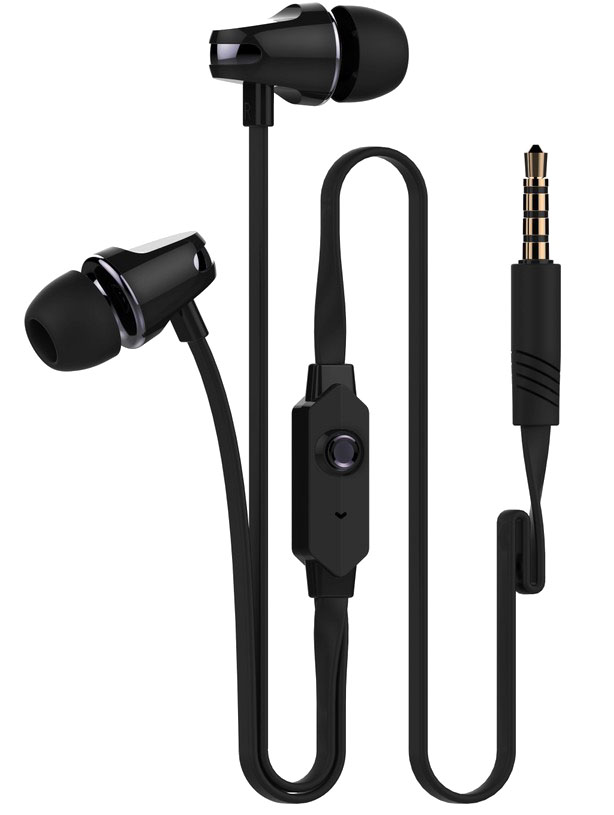
It’s almost impossible to walk into a gym and not see the majority of people wearing headphones. Music has such a massive impact and in the world of sports, it’s often used by athletes before a game, event or match. Angelii Mercurius, a Kinesiology student and basketball player from University of Guelph-Humber, is a perfect example. He is always boosting up and getting ready to win, by listening to his collection of intense, vigorous tracks.
“If you listen to something aggressive you get pumped up in a sense before a game. For example I play basketball and soccer, so I have to be intense and focused,” Mercurius says.
Music is constantly used as a source of motivation whether it’s used during a workout or after a victory win. The question is whether or not a certain song or tune can enhance your athletic skills psychologically. After years of research dating back to 1977 at London’s Brunel University, Dr. Costas Karageorghis, a leader in sport psychology and the effects of music, concluded that the right music does have a huge role on exercise and performance.
Four decades later, a new study from the University of British Columbia, shows the study of musical time, and more specifically, examines the aspects of production and experience of musical rhythm, effectiveness, and periodicity.



Dr. Nathan Hesselink, an ethnomusicology professor at the UBC, shows in his study the features of perceived qualities of music, while participants listen to short recordings of music and evaluate their emotional effects. The study also shows how a certain beat can enhance performance during a high intensity training.
Hesselink believes that higher heart rates may stimulate the brain into entering a specific state by a phenomenon called ‘entrainment. He says “entrainment is the ability to synchronize to a certain beat which has a lot of applications to sports,” he added. “Music does raise the confidence level, however my main research focus has been the idea called entrainment. It comes from cognitive science. Basically scientists have discovered that it is kind of an innate feature of humankind that we have the ability to identify a regular beat in a sound stream that could be music, bird calls or nature sounds.”
In the past, research conducted by Karageorghis, is summarized into four main points. First, music can distract you from feeling exhausted. Second, music can be used as a legal stimulant. Third, a certain beat or harmony synchronized with human movement increases arousal. Lastly, the cultural impact of music and personal taste affects performance.
Music can trigger a range of emotions and lift your spirits, but when it comes to determination and focus in training a certain beat or rhythm plays a huge role. Amy-Clements Cortes, a music therapist, psychotherapist and music professor from University of Toronto, says “you know that some music … that is a set at a slower tempo will encourage different activities, right? You’re not going to listen to a very slow ballad if you’re trying to run on the track.”

When it comes to music in sports, often motivational music has the ultimate power to boost athletes during a workout. “Musical preference is very unique to an individual, so just because I like a certain style of music doesn’t mean that you will like it, often at times the most motivating music is music that is preferred whether its classical, rap or hip hop, it tends to be more effective when its applicable to the person,” says Cortes.
For what experts in these fields may say are too distinct from what coaches in the OCAA have to say. “I don’t mind my athletes playing music as a warm up before a game, but during practices that’s a no because you need them to be mentally focused,” says Mostafa Babouli, Sheridan Davis Campus Facility Coordinator and Soccer Coach.
So, the next time you need to get pumped up or cooled down, music can set the mood says music theory experts and phycologists.“Music makes you feel good and, in the zone, I enjoy using big headphones at the gym so that I can focus on the beat,” says Shevon Noel, a national basketball player at Humber College.
To go beyond the effects of music in sports, Dr. Hesselink explains that music can enhance our stamina and allow “dancers to be able to dance for two to three hours at high levels of intensity. Of course, it’s not sports, but the music is still there and without it there’s no way that they can keep up their energy and move beyond their normal limits. … In the past, a form of Thai kick boxing in Thailand allowed a small orchestra to play music during the bout and it would increase intensity or decrease intensity depending on how the fight was going.”

Music has a huge role when it comes to impacting people both socially and individually, the study led by the UBC and Music theory professor Dr. Ève Poudrier, has examined the benefits of music that is relevant to sports. “Music is a mood enhancer, it can benefit you positively or negatively,” she added “Music also heightens your arousal and the benefits of arousal, in the context of action, is that it would give you a higher engagement and performance in repetitive activities, when you are listening to preferred music. ”
Every team has a boosting method before a game, whether it’s a chant, push ups or having a conversation. Regardless of the positive effects of music, studies show how athletes indulge in music and motivate themselves with a certain rhythm or beat. “Working with a music therapist or coach can help performance anxiety. Think about the Raptors and the anxiety they felt at their final game. Music can be used to help decrease and manage the feeling of anxiety and that’s something that athlete should definitely tap into,” says Cortes.
Research shows how nonactive people can use music as an enhancer that helps them enjoy a workout and try harder physically in high intensity level training. It also shows how fast paced music is related with heightened arousal and speed for routine tasks “when training for sports, music is a short-term benefit so it’s better to listen to music when doing a task,” says Poudrier.
Athletes tend to forget about the potential pitfalls of music. However, when combining a specific genre into a rigorous workout, athletes can use the connection as a stimulant. “Music is a nonpharmacological treatment without the side effects and a medium that is available to everyone and its free, Music right now is accessible and relatively low in cost,” says Cortes. For example, athletes can boost up before a game by listening to a powerful song which will inspire them. “Something fast paced, like Rapp or Hip-hop gets you focused and also increases your intensity before a game,” says Mercurius.
Music elevates optimistic effects to the brain and sends neurological signals that sooths your mind to focus on your workout and avoid distractions. Stress is a common trait amongst athletes and some may choose to avoid noise and music, some athletes might just enjoy a relaxing day of watching TV or meditating with loved ones. “After winning a game, I usually go out to celebrate and enjoy a night out with my friends,” says Noel.
Noel believes that listening to music while training has a lot of benefits to it, but it can also mess you up sometimes. “If you’re listening to a song at the gym which doesn’t interest you, and you don’t have your own music then it can distract you and mess with your mood.”
Researchers revealed that athletes can work together as a group and benefit from rhythmic entrainment, theories developed relates to synchronizing with the beat. “Entrainment is basically a spontaneous movement in synchrony with an auditory signal that is regular, it is also relevant to sports because once you are entrained it shapes your intentional focus,” says Poudrier.
“Drumming, clapping, chanting and signing is all part of entrainment and in Canada there is a long history of it, “In hunting rituals fur trade travelers would sing a lot to help them row long distances.”
Teammates can use music as a mood enhancer that helps them connect with each other, it is chemically proven that the brain can connect with others through a sharing experience called oxytocin. “dancing to music, breast feeding or having sex relates back to oxytocin, so I would say that moving to music in the context of sports releases the effects of pleasure and helps with social bonding which is important when working in teams,” she added.
“There has been a lot of studies that look at the brain of musicians with the use of MRI and imaging technology to see how our brain might be different than others who don’t play musical instruments and what happens to certain parts and structures of the brain, for example listening to preferred music certain areas of the brain light up and are activated,” says Cortes.

Researchers discovered that the athletes who listen to music during training or before a game can reduce the attention spam towards the environment around you, this results to the response time between auditory signals and visual signals. Which is why athletes should be careful of their volume level and lower it to a steady volume of 100 dB during a physical activity.
All of this research, study, and athletic accomplishment shows a clear relationship between music and sports. If an athlete completes a tough run, their favourite song should be playing on through their earbuds. When an Olympian wins a gold medal, their personal soundtrack is blaring in their head, over the roar of the crowd and the cheers of their fans. Music kept them pushing, helped them celebrate, and let them accomplish what they couldn’t before.
What Is Your Favourite Workout Genre Of Music ?
Web survey powered by SurveyMonkey.com. Create your own online survey now with SurveyMonkey’s expert certified FREE templates.


